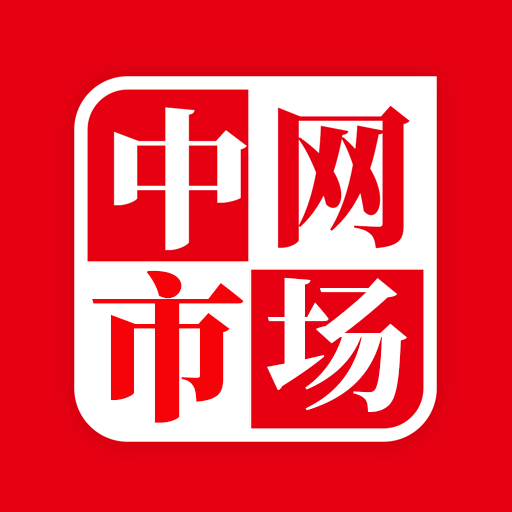- Industry: Comprehensive / Cross-industry
- Cycle: Once a year
- Time: 2026/01/10 - 01/12 (Sat To Mon Total 3 Days) Error Correction
- Address: Baghdad Baghdad International Fair Grounds,Baghdad,Iraq Iraq Baghdad International Fair Grounds
- Sponsor:B.G. Business Group for International Fairs
- Organizer:Iraq
- Company:Ningbo Hairui International Exhibition Co., Ltd
- Telephone:0574-88023800
- Contact:Luo Wei
- Mobile:15967862962
- E-mail:sales06@nbhrhz.com
- Address:Room 2303, Taikang Building, Southern Business District, Yinzhou District, Ningbo City, Zhejiang Province
INTRODUCTION
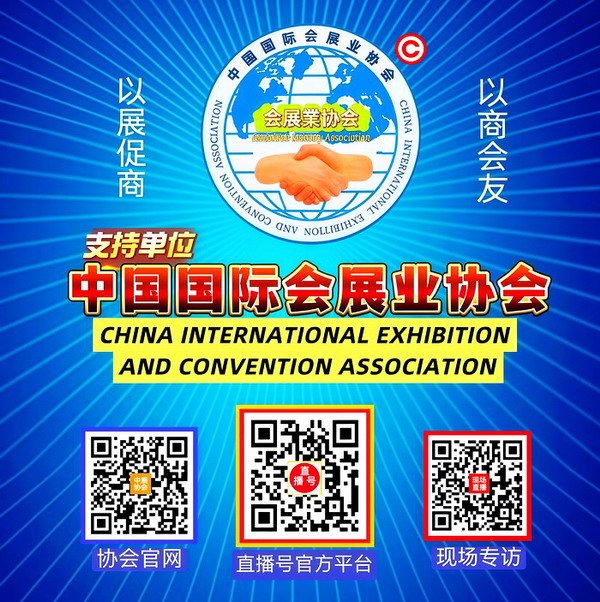

The Eleventh Iraq Energy Exhibition in January 2026
Exhibition time: January 10-12, 2026
Venue: Baghdad International Fair Grounds, Baghdad, Iraq
Host: B.G. Business Group for International Fairs
Exhibition cycle: once a year
Group organizer: Ningbo Hairui International Convention and Exhibition Co., Ltd
Exhibition Introduction
According to People's Daily Online on February 25th, the 10th Iraq Power and Energy Exhibition will be held from February 24th to 26th, 2025 at the Iraq International Convention and Exhibition Center. Iraqi Electricity Minister Fadil and Oil Minister Ghani jointly cut the ribbon for the opening ceremony of the exhibition. The exhibition attracted over 300 exhibitors from more than 50 countries, including more than 40 Chinese companies, showcasing solutions and products related to power energy. Statistics show that Iraq needs 54 gigawatts of electricity to achieve power balance, but its current power generation capacity is only 15 gigawatts, which is a huge gap. In recent years, Iraq has improved its power supply by strengthening the processing of associated natural gas, expanding combined cycle power plants, and developing photovoltaics. Iraqi Ministry of Electricity spokesperson Ahmed stated that Iraq will increase its power generation capacity by 50 gigawatts in the next three years. The Iraqi government will continue to take a series of measures to encourage private enterprises to enter the power sector, meet electricity demand, and achieve electricity autonomy. This exhibition provides an important platform for strengthening cooperation between Iraq and various partners.
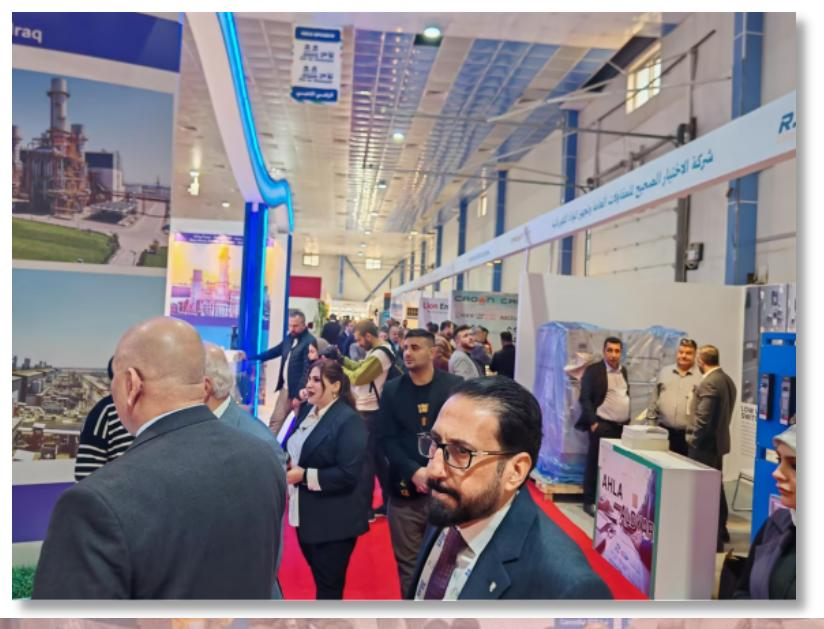
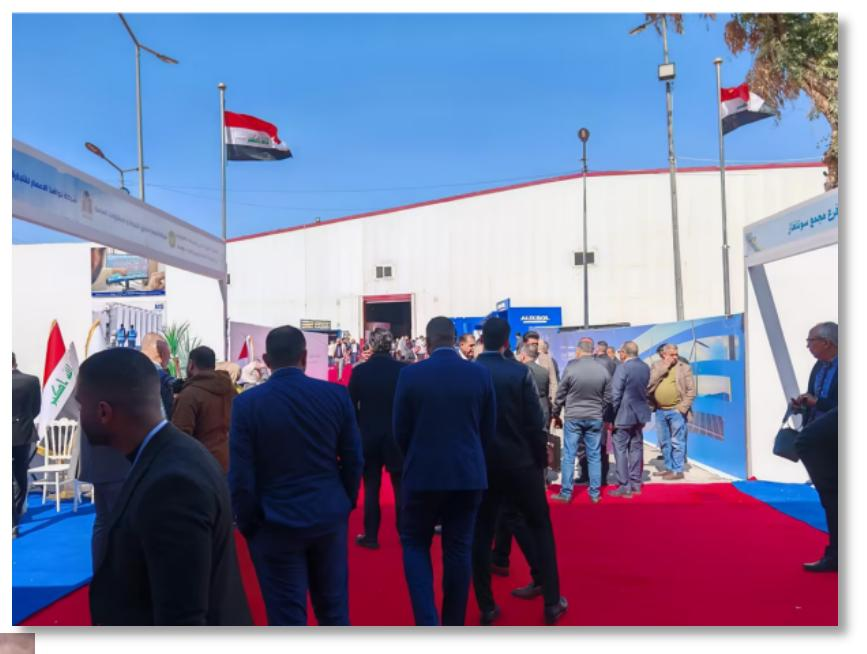
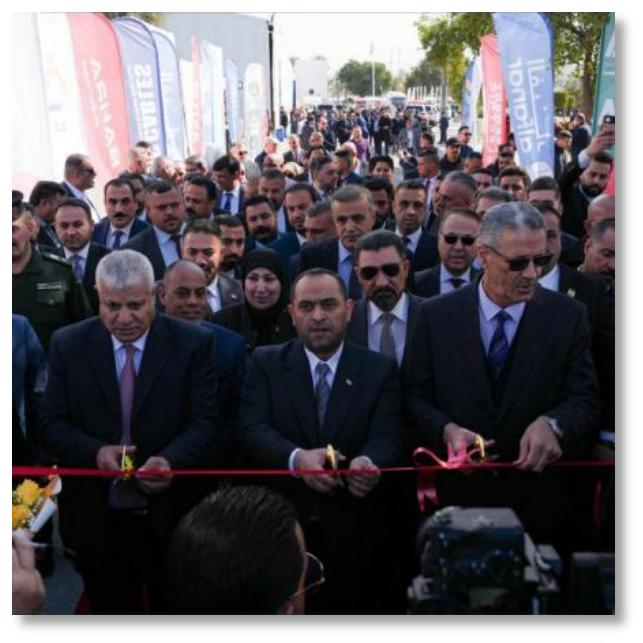
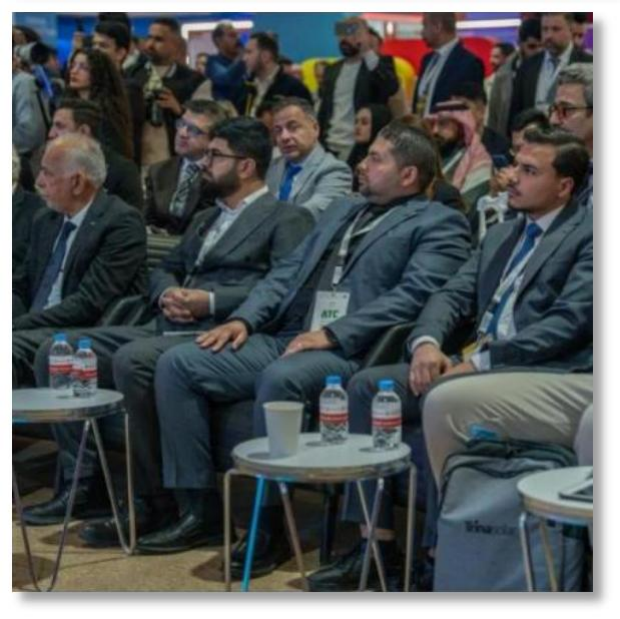
Iraq's' Electricity Shortage 'intensifies, US hegemony brings chills (Xinhua News Agency, March 12, 2025)
The US State Department recently confirmed that as part of the "maximum pressure" on Iran, a sanction exemption allowing Iraq to import electricity from Iran has expired, and the US is urging the Iraqi government to quickly get rid of its energy dependence on Iran. This move means that Iraq will no longer be able to pay import electricity bills to Iran, and Iraqis cannot help but worry that their country's "electricity shortage" will further intensify, and people's livelihoods will become increasingly difficult. Although Iraq has abundant oil and gas resources, years of war have led to a lag in the construction of power infrastructure, limited development and utilization of natural gas resources, and a long-term situation of "power shortage". Even in the scorching summer, temperatures in Iraq often soar to 50 degrees Celsius, and most households can only receive a few hours of government power supply per day, with other times having to switch to expensive diesel power generation. This winter, Iraq is particularly cold, with the lowest temperature in the capital Baghdad dropping to 0 degrees Celsius on rare occasions. After finally surviving the winter, the United States used its hegemony and abused sanctions to terminate the exemption for electricity imports. During a meeting with the Acting Charg é d'affaires of the US Embassy in Iraq on the 9th, Atwan Attwani, Chairman of the Finance Committee of the Iraqi National Assembly, stated that "terminating the exemption from electricity import sanctions will have catastrophic consequences for the Iraqi people.
Iraq has a severe power shortage with a population of about 40 million, but the power supply has been insufficient for a long time, and power outages occur frequently during peak summer electricity consumption. According to the International Monetary Fund, Iraq's electricity deficit reached 10 gigawatts in 2021, with actual power generation of only 21 gigawatts, and more than 30% of electricity lost during transmission and transformation. Nearly one-third of Iraq's electricity supply comes from imported natural gas, which not only increases costs but also creates some instability in energy supply.
Abundant renewable energy resources
Solar energy resources: Iraq is located in the Middle East and has enormous potential for solar energy development. The daily sunshine hours can reach 8-10 hours, and the average annual sunshine hours can reach 3000-3650 hours, making it suitable for large-scale development of photovoltaics.
Wind energy resources: The western region of Iraq has high solar radiation intensity and high wind speed, providing favorable conditions for the development of wind energy. In addition, Iraq also has a large amount of biomass resources, such as agricultural waste, livestock manure, etc., which can be used for the development of biomass energy.
[National Background]
France's 24-hour television reported that in 2019, one-fifth of Iraq's population lived below the poverty line, and 25% of young people were unemployed. According to World Bank data, 60% of Iraq's 40 million population spent less than $6 per day that year, and the country's real GDP growth rate in 2018 was only 0.6%. In the early 1980s, Iraq was a relatively wealthy country in the Middle East. At that time, Iraq's per capita GDP exceeded that of China and it already had highways. After the US led Gulf War and the 2003 Iraq War, Iraq became a poor country. After the Iraq War, the task of economic reconstruction was heavy. The United Nations Security Council passed Resolution 1483 in May 2003, lifting all economic sanctions against Iraq except for the arms embargo. The focus of Iraq's reconstruction is to restore and develop areas such as energy, education, health, employment, electricity, water supply, and food. However, due to the unstable security situation, severe damage to infrastructure, and slow progress in economic reconstruction. Due to the increase in oil revenue in the 1970s, Iraq established a relatively sound medical system in urban and rural areas, and people's lives also improved significantly. After the Gulf War, people's living standards sharply declined. After the Iraq War, due to slow progress in economic reconstruction and poor security situation, the improvement of people's living standards was affected. Currently, 20% of Iraq's population lives below the poverty line ($2 per day), with only half of the electricity supply capacity meeting demand, and 20% of areas without access to tap water. The average life expectancy of the population is 74.9 years, with an average life expectancy of 72.6 years for males and 77.2 years for females. According to relevant statistics, Iraqi medicine mainly relies on imports. Meanwhile, up to 75% of doctors, pharmacists, and nurses in Iraq have migrated abroad. According to the Iraqi Medical Association, 60% -70% of registered professional physicians with over 15-20 years of professional qualifications in Iraq have left, and the proportion of expert level senior physicians leaving is as high as 80%. In addition, due to insufficient power supply, lack of medical equipment, and shortage of medical personnel, most clinics and hospitals in Iraq can only provide simple treatment for patients. Overall, the medical level in Iraq needs to be improved, with weak emergency and rescue capabilities, and poor ability to treat major illnesses.
Scope
[Scope of Exhibits]
Solar energy utilization: solar thermal, solar panel components, solar water heaters, solar stoves, solar heating, solar air conditioning, solar power generation systems, solar batteries, solar lighting fixtures, solar panels, photovoltaic modules;
Photovoltaic products: Photovoltaic lighting systems and products, components and related production equipment, measurement and control systems, solar energy system control software; Photovoltaic power generation system; Green and clean energy: wind turbines, wind power supporting products, biomass fuel, tidal energy and other ocean energy systems, geothermal energy, nuclear energy, etc;
Environmental protection: waste utilization, fuel electromagnetic, coal processing, air energy, environmental protection and energy conservation, pollution control and recycling, source policies, energy investment, etc;
Power transmission and distribution facilities; Wire water treatment energy technology: water treatment technology and equipment, water supply and drainage systems, various valves, pumps, pipes, etc;
Green city: green buildings, green energy transformation, sustainable development, green products, practices and technologies, low-energy buildings, clean transportation, etc.
Costs & Precautions


Contact
- Company:Ningbo Hairui International Exhibition Co., Ltd
- Telephone:0574-88023800
- Contact:Luo Wei
- Mobile:15967862962
- E-mail:sales06@nbhrhz.com
- Address:Room 2303, Taikang Building, Southern Business District, Yinzhou District, Ningbo City, Zhejiang Province
Disclaimer
The information on this site comes from the network and related members, and the website has done its duty to review it. Due to the uncontrollability of the process of organizing the exhibition, some of the exhibition information in the station may change the subject matter, Extending or cancelling the event, please exhibitors and visitors must check with each other again before exhibiting! All the exhibitions in this site are not hosted/co-organized or organized, if there are any disputes during the exhibition, please hold the main responsibility of the exhibition organization! QQ Email: 523138820@qq.com WeChat: 523138820 Mobile: 15313206870










